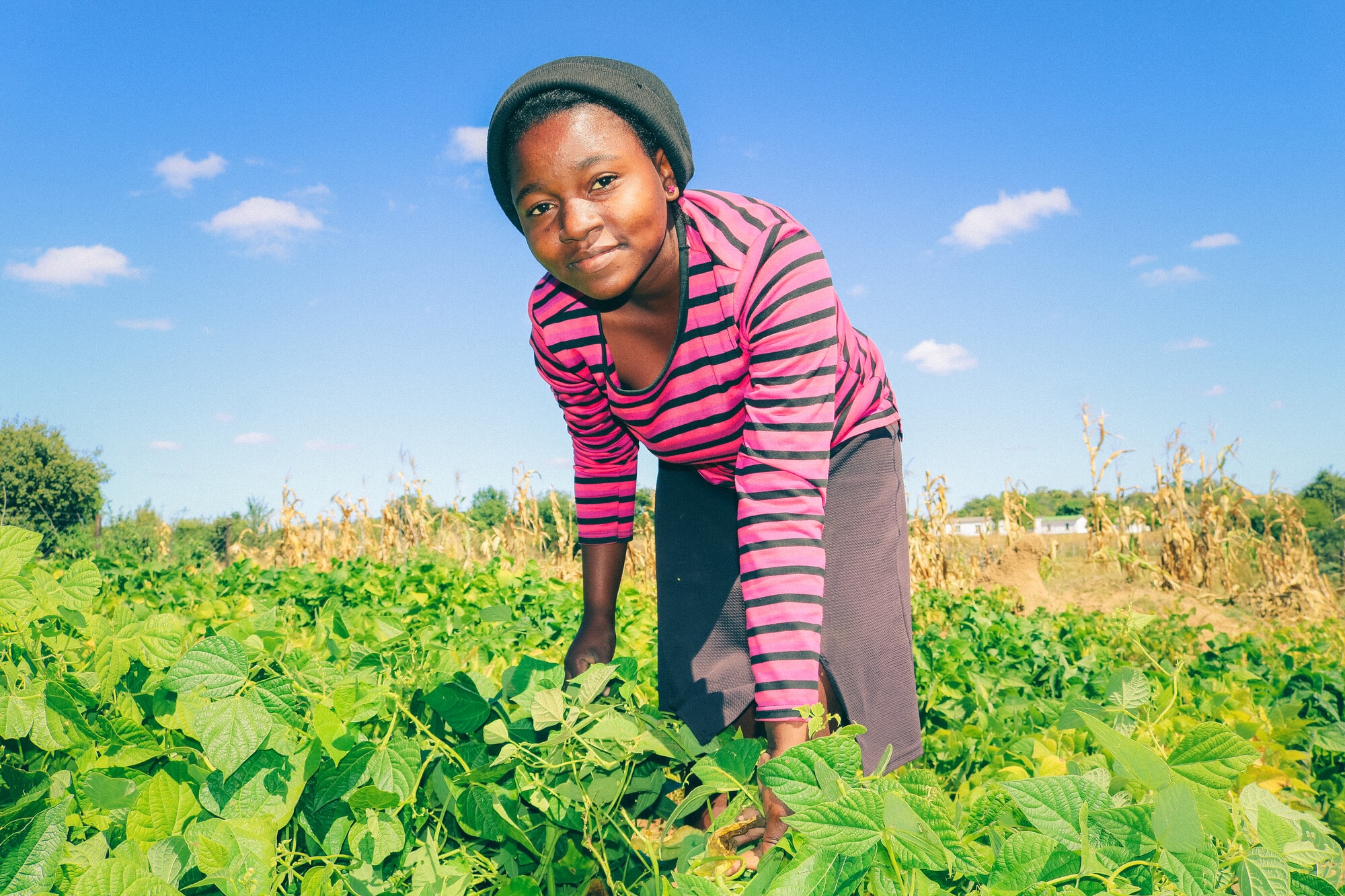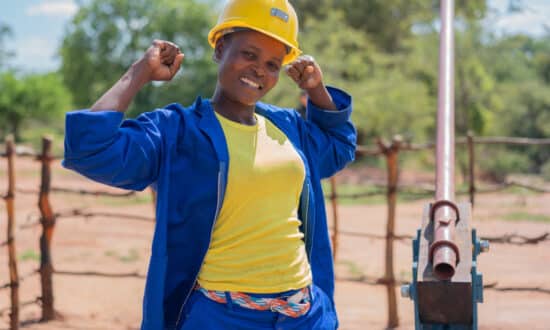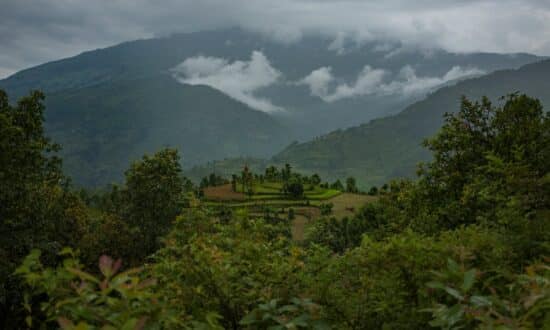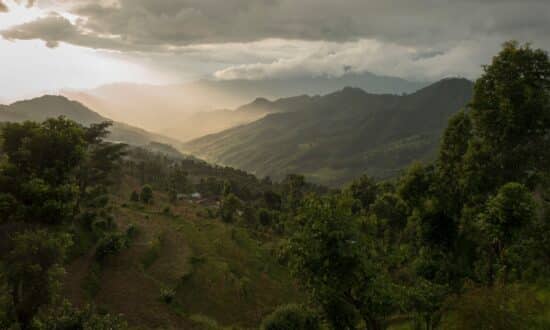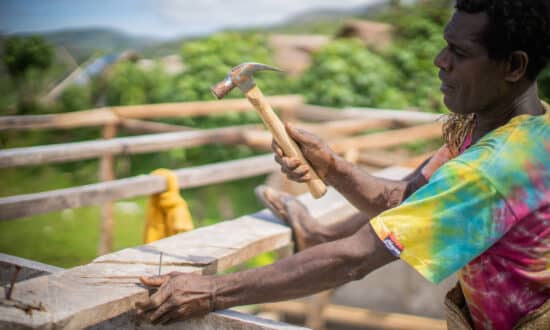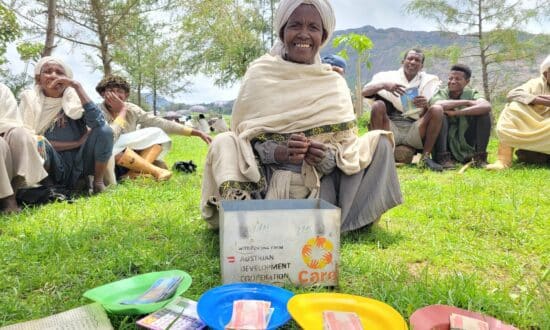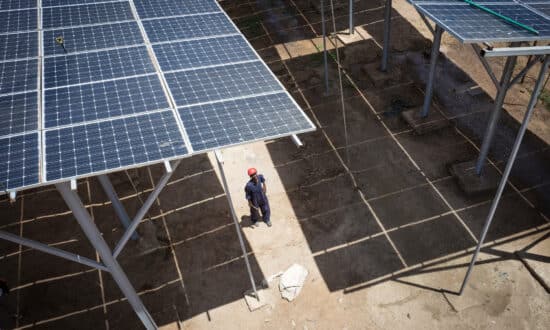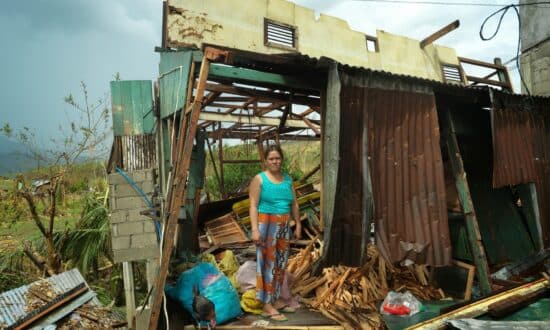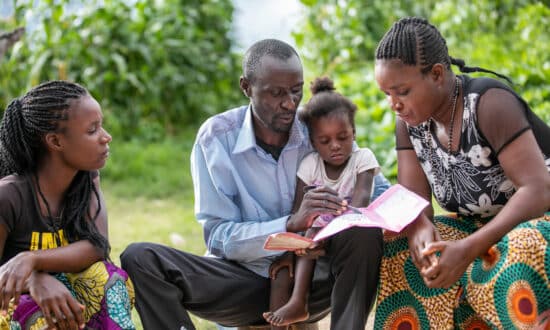Country Description
Syria, officially known as the Syrian Arab Republic, is located in the Middle East, bordering Turkey, Iraq, Jordan, Israel, and Lebanon. The country has a diverse landscape, including arid desert plateaus, narrow coastal plains and mountains in the west. Syria has a predominantly semi-arid to arid climate, with limited water resources and frequent droughts. Syria experiences a hot, dry desert climate, with sunny summers (June–August) and mild, rainy winters along the coast (December–February). Inland regions, including the capital Damascus, occasionally experience snowfall.
Rainfall varies significantly across regions, with annual precipitation ranging from 1,365 mm in the coastal mountains to as little as 20 mm in the southeastern desert (Climate Change Knowledge Portal). The majority of Syria’s land is arid, with natural forests covering only about 2% of the total area. Water shortages are a major concern, with agriculture consuming approximately 88% of the country’s freshwater supply (IFRC).
Syria has already experienced rising temperatures, with an increase of approximately 0.8°C per century. Future projections indicate a further rise of 1–3°C by 2050, depending on greenhouse gas emission scenarios. This warming trend is expected to intensify heatwaves, prolong drought periods, and increase water scarcity. The ND-GAIN Country Index ranks Syria 158th globally, identifying it as the 114th most vulnerable and 185th least ready country.
Other than climate risks, Syria also faces ongoing conflict, financial constraints, and infrastructure damage. Therefore, the efforts on implementing climate policies have been challenging. However, the country submitted their NDC (2018), outlining key actions on reducing GHG emissions by 20% by 2030 through renewable energy expansion, energy efficiency, reforestation, and improved waste management, together with enhancing climate adaptation in water conservation, agriculture, disaster risk reduction, and coastal protection.
